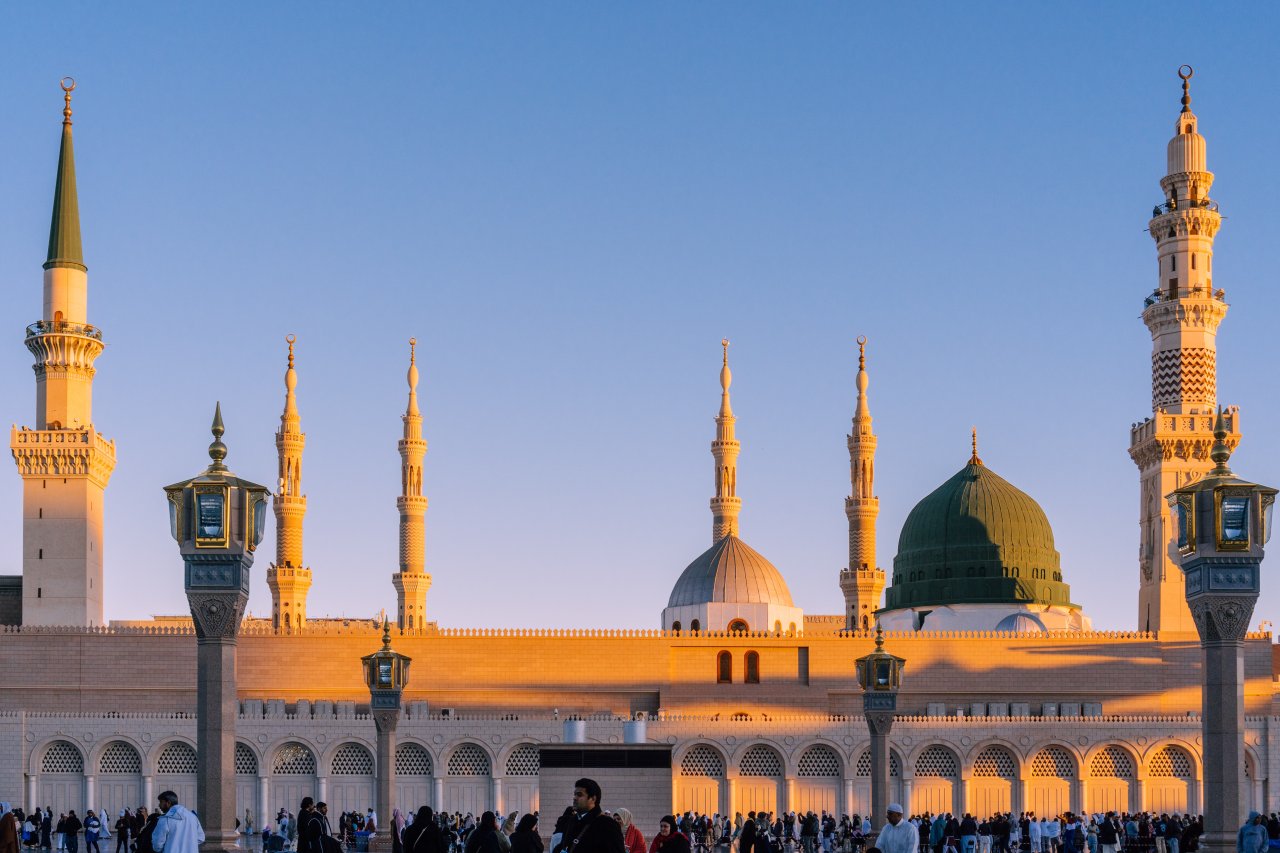Partanna initiates collaboration with ROSHN Group on state-of-the-art carbon-negative concrete facility in Saudi Arabia

ROSHN, Saudi Arabia's premier real estate developer, has entered a partnership with Partanna Arabia, a Riyadh-headquartered climate technology company, to collaborate on the potential construction of a state-of-the-art carbon-negative concrete production facility.
The facility is planned to initially deliver carbon-negative pavers, and has the potential to produce blocks, tile, precast and pour-in-place solutions over time. This will help ROSHN with its mission to build over 400,000 homes, 1,000 kindergartens and schools and more than 700 mosques by 2030, positioning Saudi Arabia at the forefront of innovation in carbon-negative construction.
The facility is expected to support over 100 jobs helping Saudis build lasting careers in the growing sustainable construction sector, whilst laying the foundations for the Kingdom’s ambitious construction pipeline.
Partanna’s proprietary concrete formula, which can be made from recycled ingredients – including brine, does not require any Portland cement or heating during the production process. The company’s patented mixing process unlocks new compounds that react and passively absorb CO₂. By avoiding emissions associated with clinkering, and by utilizing waste materials made in Saudi, Partanna materials quickly become carbon negative – without the need for expensive CCUS technology (carbon capture, usage, and storage). Through this process, buildings and infrastructure made with Partanna actively heal the planet, by repurposing waste materials and removing carbon dioxide from the atmosphere – like a tree.
In Saudi Arabia desalination plants produce 70% of the country’s drinking water. Partanna's technology is poised to make a monumental environmental impact that will bolster ROSHN’s commitment to conserving natural resources and reducing waste. Its technology converts waste brine, generated by desalination plants, into a non-toxic, usable material, diverting vast quantities from reaching waterways, and causing damage to marine ecosystems.
The new facility will also help to realize the Kingdom’s Vision 2030 sustainability ambitions, including Saudi’s commitment to achieving Net Zero by 2060. The construction industry is one of the hardest to abate industries, contributing 38% of global carbon emissions. Saudi Arabia’s construction industry is currently the strongest in the world, according to the Royal Institution of Chartered Surveyors (RICS), underlining the need for innovative solutions.
Partanna estimates that if 100,000 homes were built with Partanna material, they would avoid or remove the equivalent CO₂ of the annual emissions of over 1 million cars.
Operating at full capacity, the planned facility has the potential to generate 1.3 million carbon credits annually. These high-quality grey-carbon credits – so-called because they emanate from the grey, built environment – can be sold to Saudi businesses looking to offset their own emissions.
In Saudi Arabia desalination plants produce 70% of the country’s drinking water. Partanna's technology is poised to make a monumental environmental impact that will bolster ROSHN’s commitment to conserving natural resources and reducing waste. Its technology converts waste brine, generated by desalination plants, into a non-toxic, usable material, diverting vast quantities from reaching waterways, and causing damage to marine ecosystems.
The new facility will also help to realize the Kingdom’s Vision 2030 sustainability ambitions, including Saudi’s commitment to achieving Net Zero by 2060. The construction industry is one of the hardest to abate industries, contributing 38% of global carbon emissions. Saudi Arabia’s construction industry is currently the strongest in the world, according to the Royal Institution of Chartered Surveyors (RICS), underlining the need for innovative solutions.
Partanna estimates that if 100,000 homes were built with Partanna material, they would avoid or remove the equivalent CO₂ of the annual emissions of over 1 million cars.
Operating at full capacity, the planned facility has the potential to generate 1.3 million carbon credits annually. These high-quality grey-carbon credits – so-called because they emanate from the grey, built environment – can be sold to Saudi businesses looking to offset their own emissions.
Rick Fox, CEO of Partanna said:
“This is a partnership of pioneers. Partanna has developed the world’s first and only carbon negative concrete production process. ROSHN has long been recognized as a champion of utilizing ground-breaking technologies, such as ours.
“Together, we’re going to show the world that you can build sustainably without compromise. Together, we’re going to delink Saudi Arabia’s development from pollution. Together, we’re going to change the way the world builds – for good.
“I am grateful to be starting 2024 with this announcement today, and our signing this week of a historic Heads of Agreement with the Government of The Bahamas. Thanks to the leadership of Prime Minister Philip Brave Davis, Partanna is scaling globally from the frontline of climate change to frontier emerging markets.”
ROSHN is investing in the creation of sustainable and self-sufficient communities. Their partnership with Partanna underscores a shared commitment to sustainable development and showcases their dedication to implementing green technologies in their expansive housing projects.
The agreement with Partanna comes just months after Partanna launched its first carbon-negative ‘home for the world’ in The Bahamas, which is the first of 1,000 to be delivered in partnership with the Bahamian Government. In 2023, Partanna signed a long-term supply agreement with Red Sea Global and has already delivered over 11,000 paving slabs to the developer. In addition, Partanna also has a collaboration agreement with the Diriyah Gate Development Authority.